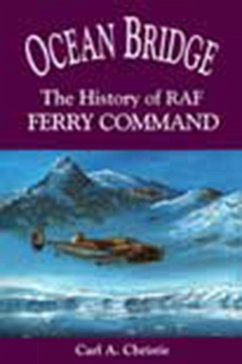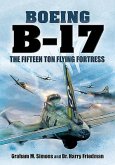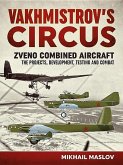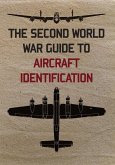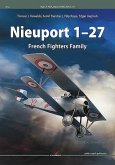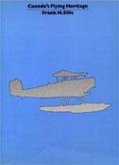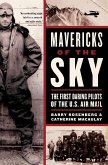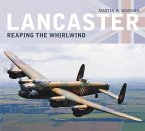From the pioneer transatlantic flights of the interwar period and the early attempts to initiate regular commercial service, Christie traces London's decision to have aircraft, supplies, and passengers delivered across the Atlantic Ocean from Canada and the United States. Under the inspired leadership of a handful of Imperial Airways' captain-navigators, a group of civilian airmen from Britain, Canada, and the United States undertook to fly urgently needed bombers, maritime patrol aircraft, and transports to Europe for the RAF. This informal civilian organization was augmented by graduates of the British Commonwealth Air Training Plan in Canada and taken over by the RAF as Ferry Command in 1941. Some five hundred aircrew, as well as sixty passengers, lost their lives in accidents; Major Sir Frederick Banting, the discoverer of insulin, was killed in the first fatal crash of the ferry service. Ocean Bridge chronicles an often overlooked contribution to Allied victory and aviation history. By war's end the ferry service, through its various incarnations, had created the basis for the network of international air routes and procedures that commercial travellers now take for granted.
Hinweis: Dieser Artikel kann nur an eine deutsche Lieferadresse ausgeliefert werden.
Hinweis: Dieser Artikel kann nur an eine deutsche Lieferadresse ausgeliefert werden.

